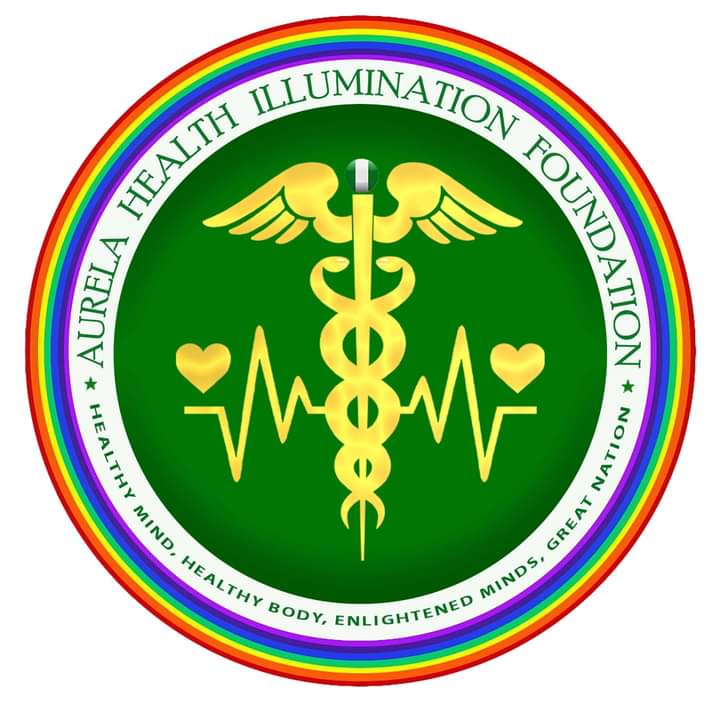Global Health Alert: RSV Claims 100,000 Young Lives Annually – WHO Announces Critical New Prevention Measures
The World Health Organization has revealed shocking new data showing respiratory syncytial virus (RSV) causes approximately 100,000 child deaths worldwide each year. This preventable disease hits hardest in vulnerable communities, with nearly half of all deaths occurring in babies younger than six months.
The sobering statistics show RSV doesn’t just kill – it overwhelms healthcare systems, resulting in 3.6 million hospitalizations annually among children under five. Tragically, 97% of these deaths occur in regions where access to medical care is limited.
In response to this ongoing crisis, WHO has issued its first-ever immunization guidelines against RSV. The recommendations include two breakthrough prevention methods:
First, a maternal vaccine called RSVpreF, which received WHO approval earlier this year. When given to expectant mothers during the third trimester (starting at 28 weeks), it provides crucial protection that passes to babies before birth. This vaccine can be easily administered during routine prenatal visits.
Second, WHO recommends monoclonal antibody treatments for infants, offering additional defense for newborns at highest risk.
“These tools represent our best chance to turn the tide against RSV,” states WHO in their landmark report. “With proper implementation, we can prevent countless unnecessary deaths.”
Health officials emphasize that while these new measures are vital, awareness remains critical. Parents worldwide should learn to recognize RSV symptoms like labored breathing, high fever, and unusual lethargy in infants. Early detection and treatment can mean the difference between life and death.
The WHO report serves as both a warning and a call to action. As these new prevention methods become available, global health leaders urge governments and healthcare providers to prioritize their rollout – especially in high-risk areas where children need protection most.
This development marks a potential turning point in pediatric healthcare, offering hope that future generations may be spared from one of childhood’s deadliest threats. The success of this initiative now depends on how quickly and effectively these solutions can reach the children who need them.
Breakthrough Protection Against Deadly RSV: New Lifesaving Treatment for Newborns
The World Health Organization has unveiled a powerful new weapon in the fight against RSV – a single-dose antibody treatment called nirsevimab that could save thousands of young lives. This groundbreaking injection provides immediate protection against the virus when given at birth or during a baby’s first medical checkup.
Dr. Kate O’Brien, WHO’s Director of Immunization, warns that RSV poses an extreme danger to newborns, especially premature infants. “This highly contagious virus attacks the most vulnerable among us,” she explains. “But now we have tools that can transform this fight.”
The new monoclonal antibody treatment works differently than a vaccine. Instead of stimulating the immune system, it delivers ready-made defenses that immediately protect against RSV. Health authorities recommend administering it either:
– Immediately after birth
– Before hospital discharge
– At the first pediatric visit if missed earlier
While both the maternal vaccine and infant antibody treatment are effective, WHO advises countries to choose the option that best fits their healthcare systems and budgets. The key is protecting babies during their most vulnerable period – the first six months of life, with additional benefits extending up to 12 months.
RSV often starts with mild cold symptoms – a runny nose, cough, or fever. But for fragile infants, it can rapidly escalate into life-threatening pneumonia or bronchiolitis. These new prevention methods offer hope where little existed before, potentially preventing countless hospitalizations and deaths.
“These aren’t just medical advances – they’re potential lifesavers for families worldwide,” emphasizes Dr. O’Brien. As countries now work to implement these tools, the global health community stands at a turning point in protecting children from one of childhood’s most dangerous infections.
The message is clear: with proper implementation of these new prevention strategies, the heartbreaking toll of RSV on families could soon become a tragedy of the past. The time to act is now.



No comment